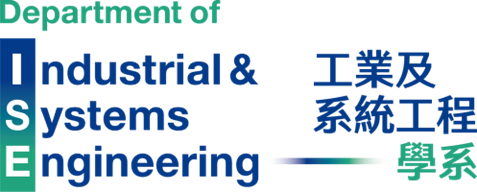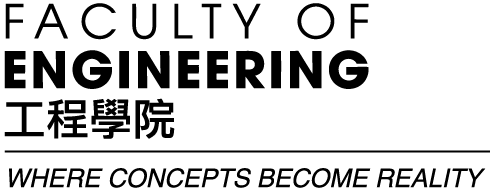Proposed New Structure for Geometrical Product Specifications and Verification
Distinguished Research Seminar Series

-
Date
09 Apr 2024
-
Organiser
Department of Industrial and Systems Engineering, PolyU
-
Time
11:00 - 12:30
-
Venue
AG710
Speaker
Prof. Paul J Scott
Summary
The International Standards Organisation Technical Committee 213 (ISO/TC 213) on Geometrical Product Specification and Verification (GPS), asked me as chairman of Advisory Group 12 (AG12 the Mathematics of GPS) to prepare documents to plan for the future of the GPS System. It is important that the ISO GPS standards have a sound mathematical basis in order that they are ready for the increasing digitization within industry.
The core concerns are the anticipated changes to the GPS system required to embrace the future in both the structure of the next generation GPS system, as well as making GPS a science and will allow smart documents to be usable by both Humans and Smart Systems (Cobots), in particular:
- Develop a formal, logical and mathematical structure for the work of ISO TC213 and the development of its standards.
- Allow the ISO GPS system to be well founded being based on rigorous scientific principles.
- Provide an organized ‘flow’ to the way standards reference each other (structure).
- Implement developments in AI (‘Smart’ Documents),
This talk presents the results of the innovative new ideas and concepts developed during these internal discussions within ISO/TC 213 on how to proceed with this exciting new future for the GPS system and how to create Smart ISO Standards for GPS.
Keynote Speaker

Prof. Paul J Scott
Department of Engineering and Technology
School of Computing and Engineering
Centre for Precision Technologies
University of Huddersfield
Professor Paul J. Scott (FRSS DSc PhD) has published more than 200 papers on measurement science and surface metrology, holds six patents, and has written three book chapters and a book. He is also a principal member of TC/213 committee “Dimensional Geometrical Products Specification and Verification” where he is convenor of one working group (filtration and extraction) and one advisory group (mathematics for GPS) Paul obtained his PhD at Imperial College London UK in 1983 with a dissertation entitled: Multipivotal models with applications to a shape fitting problem. Paul also obtained a DSc at the University of Huddersfield UK I 2021 with a dissertation entitled: Decomposition for Geometrical Products. Paul started his career at Taylor Hobson Ltd, Leicester in 1983: a world leader in the design and development of ultra-precision metrology instruments for surface texture and form. spending twenty-six years in the research department. In 2010, Paul started his academic life, as a full Professor, at the Centre for Precision Technologies (CPT) at the University of Huddersfield where he has built and leads a team of researchers, Mathematics for Metrology Group. Prof Paul Scott has held two EPSRC manufacturing fellowships, both covered Decomposition Theory for Computational Geometry. He also led his team in freeform surface characterisation research. Paul has been a pioneer: in Applied Category Theory for engineering measurement science. He created, with Italy Milan University, a hierarchical digital twin model for use on a real assembly line, resulting in a 60% reduction (69 to 19) in the number of required sensors. Since July 2019 Paul’s group has collaborated with the National Institute of Science Technology (NIST), USA to develop a framework for future AI ready machine-readable and interpretable smart systems.
You may also like














